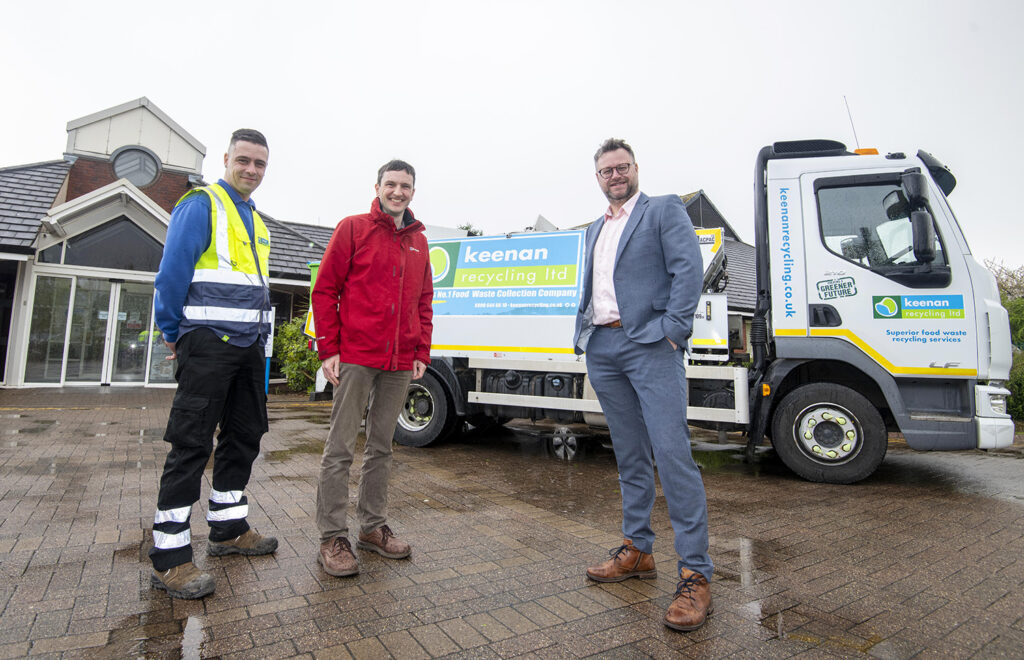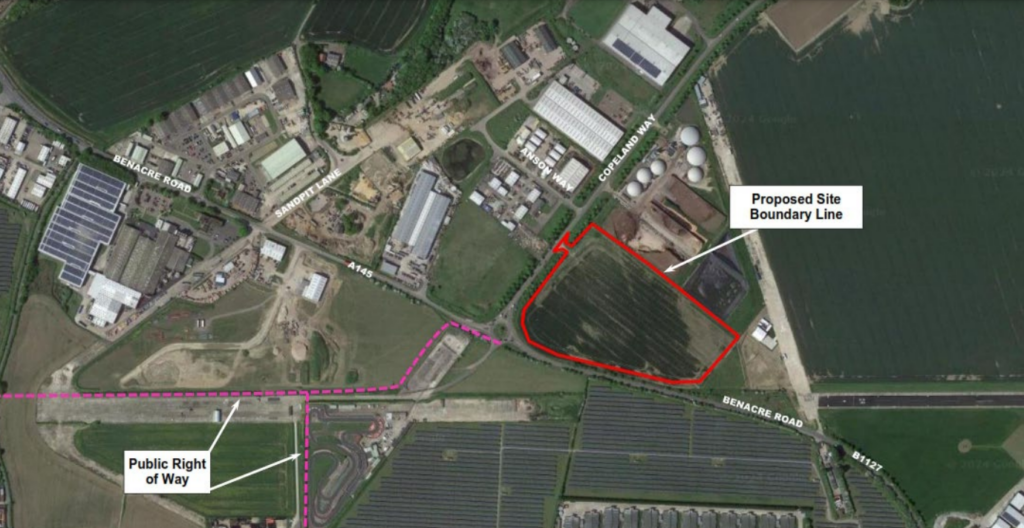And with new composting firms opening up, spurred on by opportunities from local authority targets, competition for material is also hotting up.
Heightened by the expanding local authority collections, composters all over the UK have reported increases of up to 30% in the amount of green waste brought into their sites.
But, some firms have found sales of compost and soil improver slow this year, suggesting that the rain has reduced the amount of time spent in the nation's gardens.
According to the Met Office, August saw 152 millimetres of rain this year, compared to just 17mm in 2003.
North Yorkshire company Yorwaste reported that from April to September it took in 21,450 tonnes of green waste for composting. This was up 4,547 tonnes on the same period in 2003 during the hot and dry summer.
Yorwaste recycling manager John Miller said: “Although we had a poor summer, people still need to cut their grass and keep their gardens tidy, and this, combined with the fact there are now more ways than ever before to recycle green waste has contributed to an increase in figures.
Sales
In the South of England, the increase in material has been similarly strong, with East Sussex-based TJ Composting Group reporting a 20% increase in the amount of material it has taken in. The company composts about 30,000 tonnes of green waste each year.
But, managing director Charlie Trousdell said while there was an increase in material, good growing weather did not necessarily mean good gardening weather. Mr Trousdell said that “sales were slower to take off because of the weather this year”, noting that the rain had deterred gardeners from getting outside and using more compost.
In the West Country, Somerset-based Wyvern Waste reported a successful season through local authority contracts, but its ambitions to expand into catering waste could be hindered by the need to find a market for the material.
Managing director Andrew Olie said: “It has been a good season for us. We take green waste from Somerset, which has very high participation rates for its composting scheme. We are just about to start taking catering waste in, but we are finding that markets for this are a little harder to place.”
Competition
Finding markets for composted material is becoming more difficult generally, because of an influx of new composting companies beginning to crowd the marketplace.
Organic Recycling, based in Peterborough, recycles about 25,000 tonnes of material each year. Sales manager Alison Gratton said that larger compost businesses are looking to move into the area, and as a result of competition, her firm is having to reduce prices for their compost product.
Ms Gratton said: “We know that bigger companies have looked into composting in our area, although we have contracts with Peterborough, Cambridge and Lincoln councils secured for a few years, so we are comfortable in that respect. But we have had to lower prices for some customers.”
Sub-contracting
Local authority contract changes are also taking effect on established composting businesses, with large waste management companies picking up integrated environmental service contracts and no longer sub-contracting with smaller, more specialised firms.
Quentin Watts, from Dorset-based Eco Composting, said: “We used to compost a lot of the green waste from civic amenity sites and kerbside collections in the area through subcontracts with other waste companies. They would take the other materials and we would have the green waste, but new companies are taking over the contracts and these aren't in turn subcontracting us for green waste composting because they do it themselves.”
Mr Trousdell at TJ Composting Group said: “People need to be sensible and stick to their own areas, or it could cause problems in the market. It doesn't make sense to be trekking material up and down the country.”
Trend
But, he said that he believed there is still room in the marketplace for more composting businesses, with the secret to success being to have more than one end market for material. Other composters suggested that while the market for low-grade materials favoured by farmers would remain strong, there was a danger that the market for high-grade material to decline if a trend for home improvements came to an end.
Stephen Wise, composting manager at SITA, was confident that the markets for material are available. He said: “There are markets around, but people have to look for them. We have not found it hard to get new markets and end uses for our product this year.”
SITA produces compost as part of the Apex composting label, and Mr Wise said that his company had seen a 20% increase in the amount of material being brought in.










Subscribe for free